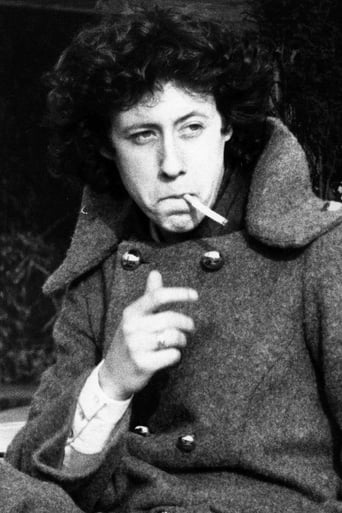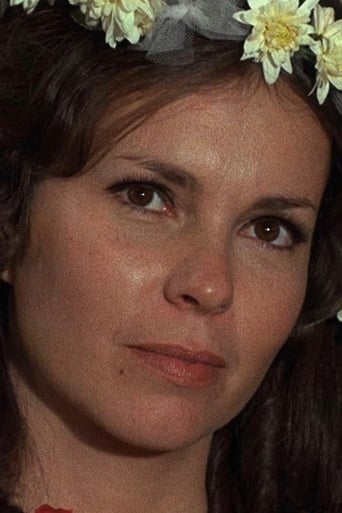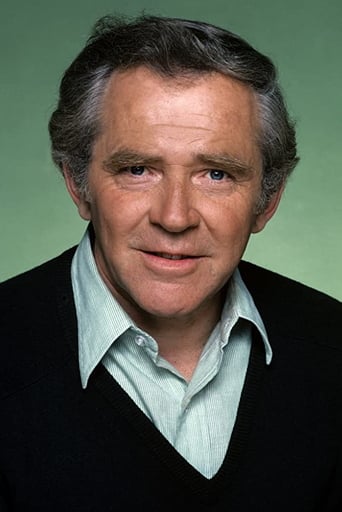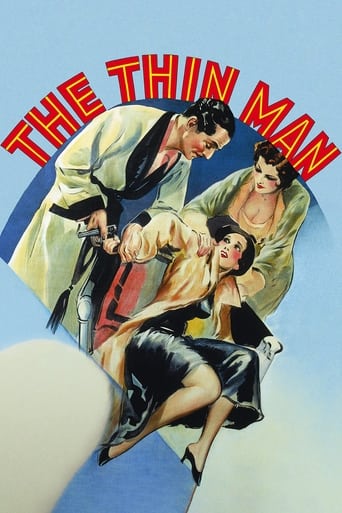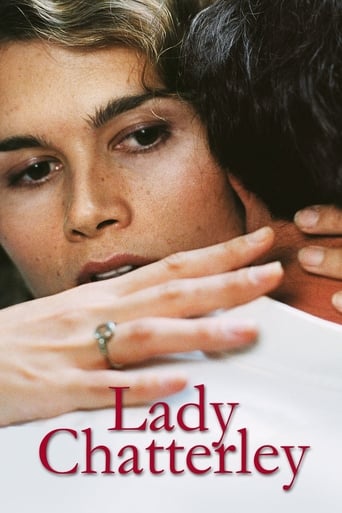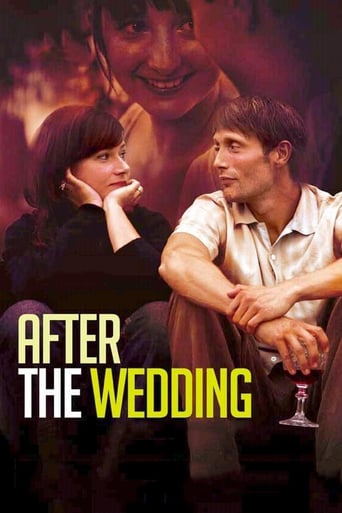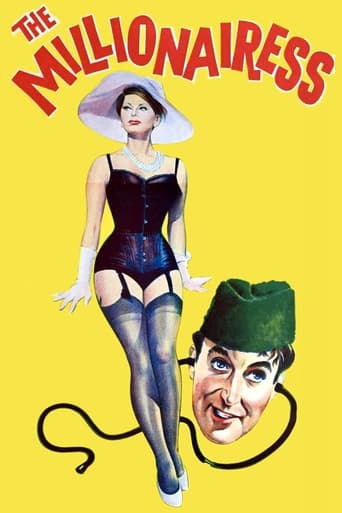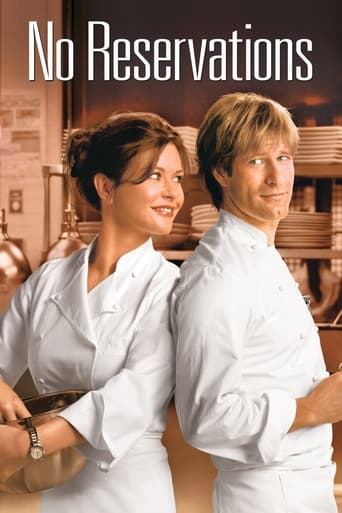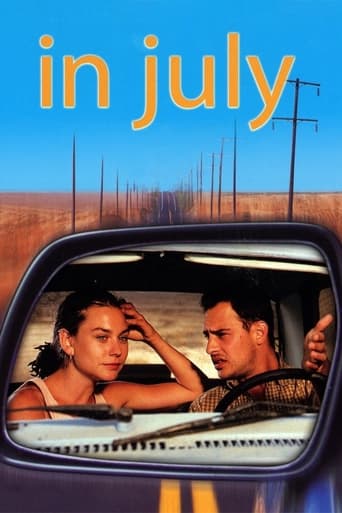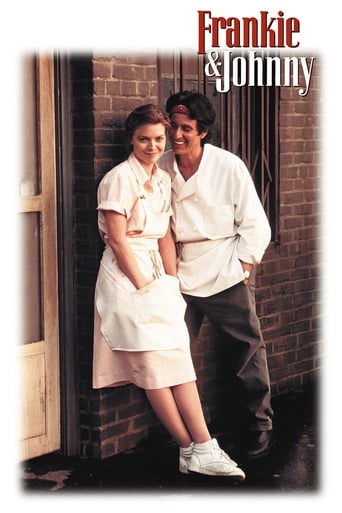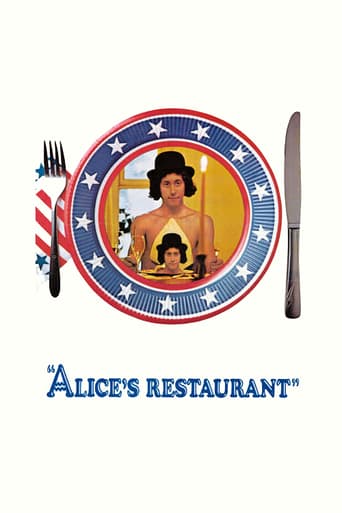

Alice's Restaurant (1969)
After getting kicked out of college, Arlo decides to visit his friend Alice for Thanksgiving dinner. After dinner is over, Arlo volunteers to take the trash to the dump, but finds it closed for the holiday, so he just dumps the trash in the bottom of a ravine. This act of littering gets him arrested, and sends him on a bizarre journey that ends with him in front of the draft board.
Watch Trailer
Cast
Similar titles
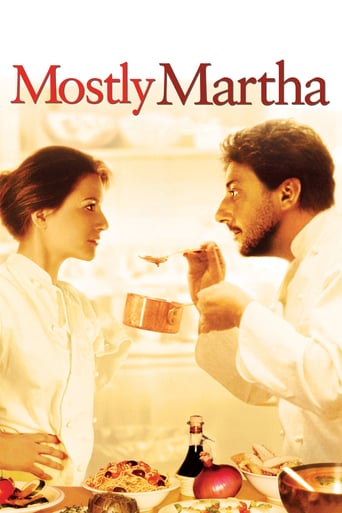
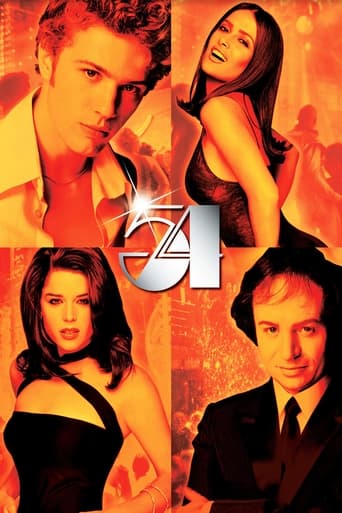
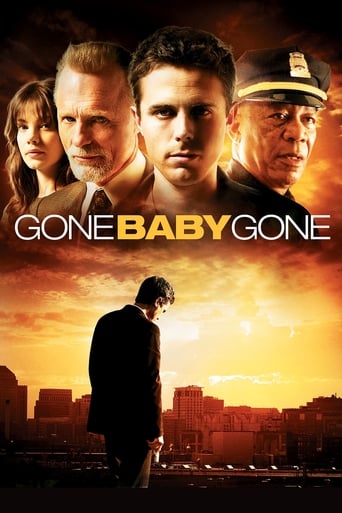
Reviews
Very very predictable, including the post credit scene !!!
the audience applauded
If you don't like this, we can't be friends.
It’s fine. It's literally the definition of a fine movie. You’ve seen it before, you know every beat and outcome before the characters even do. Only question is how much escapism you’re looking for.
Except for the bloody politician's war in Vietnam, I still have some affection for the '60's. The period was certainly a liberating experience from the uptight 1950's. However, viewed now apart from the hype of the time, Penn's movie has not worn well at all. It does convey something of the communal spirit of the day; plus the sweet-faced Guthrie has an appropriately congenial screen presence. But too many passages now seem pointlessly meandering, having lost whatever topicality they might have had. Another reviewer's comparison of the film with that of a home movie captures, I think, the basic flaw.Nonetheless, the movie manages a couple of amusingly revealing episodes. It's no surprise for the '60's, that both have to do with authority run amok. First the cops go to absurd lengths to convict Guthrie of littering, of all things; then in the film's highpoint, the tyrannical army- processing center treats him like a criminal. Though done satirically, each represents a popularly rebellious attitude of the time. Then too, unlike the rest of the film, the impact here is structured for effect. One other noteworthy point—it's no accident, I think, that it's a church the youngsters convert for their purposes. This can be understood as another subversion of authority by replacing the formal rules of authoritarian religion with those of the more easy-going humanism established by the communal restaurant. (At the same time, the sacramental wine of the former is replaced by a ceremonial joint that gets passed around.) Of course, without anything like formal rules, a downside is revealed once Alice ends up doing all the restaurant work, which the others happily shirk.The ending remains something of a puzzle. I take the forlorn bride (Alice) as a comment on the Hollywood cliché of 'they lived happily ever after'. Shrewdly, Penn doesn't want to leave us with the impression that a hippie ethic solves all social problems. Anyway, seeing the movie now, I realize how far into obscurity it has sunk after the big splash it made on initial release. For a much more entertaining and insightful glimpse of the period, check out Hal Ashby's mordant black comedy Harold and Maude (1972).
Arthur Penn seems to portray the hippie culture in a very honest light. He doesn't directly appeal to the opinion of mainstream America, or the establishment "square" opinion of the counterculture, but rather appeals to the counterculture itself in the form of a cautionary tale. In Alice's Restaurant, he does not poke fun at and satirize the hippie culture like in I Love You, Alice B. Toklas!, nor does he dramatize it and glorify it like in Easy Rider. Instead, the hippie culture is portrayed in a series of events much like real life experiences of real hippies. At first, the youth gravitated towards the hippie culture and the commune system for its freedom, sexuality, and drug-use. However, as time wore on, the commune ideal began to crumble like many other communist societies do- hippies begin to realize they are leeches on society, and in their valiant efforts to 'stick it to the man,' they incidentally remain reliant on the establishment to live. Alice's restaurant portrays the joys of commune life. In two particular scenes- the Thanksgiving dinner and the final marriage ceremony- life as a hippie is free, careless, and exciting. Everyone is happy and relaxed, there are no problems, and they can freeload all they want. This appealed to many people in the counterculture, and the film even reinforced these sentiments. However, it also appealed to the establishment's ideals. In one scene, Arlo is thrown out of the window of a restaurant for having long hair, as long hair is the stigma of the counterculture movement. This reflects some of the violence of the establishment against the hippies, and demonstrates the daily struggles of being a member of the counterculture. This may have portrayed the establishment as evil and hateful, however by the end of the film, the opinion of the establishment is subtly expressed.As the film progresses, the audience begins to realize the pitfalls of the commune system. One member of the commune falls victim to drug addiction, and overdoses on heroin. His death shows a dark side of the counterculture that is rarely expressed- drugs can be a gritty and terrible thing, and with freedom comes much responsibility to keep such addictions at bay. Free love and drug use may be fun and care-free for awhile, but drug overdose and the epidemic of STDs clearly show that there are consequences for such a lifestyle. Also, on a much more subtle level, in the last shot of the film we see Alice longingly staring at the camera after Arlo has just left the commune. This takes place just after the marriage ceremony, which was the last effort of Alice's husband, Ray, to reinforce the commune ideal. As Ray romantically expresses his ideas of somehow opening another commune, Alice begins to realize the ultimate flaw of the counterculture, and despairingly awaits what will be come a terrible, fruitless marriage. Opening more communes certainly will not fix the problems of the current one- yet it is a common idea expressed by many communistic societies on the brink of destruction. If just one more- one more- commune were to be built, everything would be fine. Every commune begins well, but all suffer the same fate. Ultimately the members of the counterculture are freeloaders on the establishment society, and cannot survive once all resources have been used up in one place. Another commune in a different location may solve the problem momentarily, but unless the commune lives off the land and becomes self-sustaining, it will always fail. This is the limitation of the hippie culture, and this is exactly why such an alternative lifestyle is no longer widely existent today in America. It burnt itself out- and Arthur Penn offers this forlorn prediction in that final shot. Everything has fallen apart, Arlo has given up the commune life for the time being, and Ray is desperately grasping at straws to keep it together and stay sane and happy. Even though Alice has a Restaurant, and a way to make money, ultimately the very hippies they surround themselves with in the commune will suck it dry and move on. In Alice's Restaurant, the counterculture is revealed for what it truly is- fun, refreshing, and irresponsible. The "squares" may not have any fun, but they get things done. Ultimately, the establishment, with all its lousy rules and regulations, stigmas and dogmas, was right- and Penn did an excellent job of gently telling this to the counterculture. The hippie youth went to see the film and surely enjoyed it, but most likely left the theatre with a slight unease and a nagging sense of dread.
You've seen the kid with the long hair who's told 'cut it', and won't. And then there's a misunderstanding like the one in the story of Alice's Restaurant, where it's a weird downward spiral where garbage, the law, and Vietnam get intertwined. The actual dramatization of the events that are detailed in the now traditional Thanksgiving album (only because, I guess, Arlo is having Thanksgiving dinner at Alice's) is about as faithful as imaginable, but I'd say the scenes earlier on, when Arlo has just come into town and isn't able to really stay at any pad for too long due to his long hair and his inability to conform to playing music right in classes. These are subtle jabs at the outcast of the times- not simply as a 'hippie', as Arlo Guthrie is a little too folksy to be a typical hippie, albeit not too far removed for Woodstock- and as a mostly one-sided take on the issue of the 'hippies', it doesn't demonize one side, while not making bones about showing the upright citizens as those who are close-minded.Filled with some great tunes, and an attitude to film-making by Arthur Penn that reflects its creator in a somewhat lighter, though no less socially conscious mind-set than Bonnie & Clyde (except less disguised), Alice's Restaurant is imperfect entertainment and a glimpse of the period that will appeal to anyone at all interested or remember all-too-well the socio-political troubles. It's a capsule, but not too shabby with age; plays probably as the first side of a double-billing with 1969's Easy Rider.
First of all, I have to admit that I did not experience the '60s; I was born long after they were over. My parents grew up in the '60s, so I've learned about that era from them, and from various other sources. But obviously, I can't truly understand what happened. "Alice's Restaurant" is one of the great records of the era. And a really funny one at that.Arlo Guthrie plays himself trying to avoid getting drafted. The police arrest him for having long hair, and the army forces him into a recruiting center. In the recruiting center, they force him to walk around in his underwear. As an act of defiance, he declares: "I wanna see blood 'n' guts 'n' gore 'n' veins! I wanna kill, man!" Of course Arlo's favorite hang-out is Alice Brock's restaurant in Stockbridge, Massachusetts. That place could be the embodiment of the whole 1960s.Anyway, "Alice's Restaurant" is nowadays a look back at when the country's youth were fighting for a better future (people who lived through the '60s would probably object to how I said that). And in the Bush era, we really long for that.By the way, I saw Arlo Guthrie in concert when he came to Portland in 1998, and then again in 2004. Both concerts were great.
